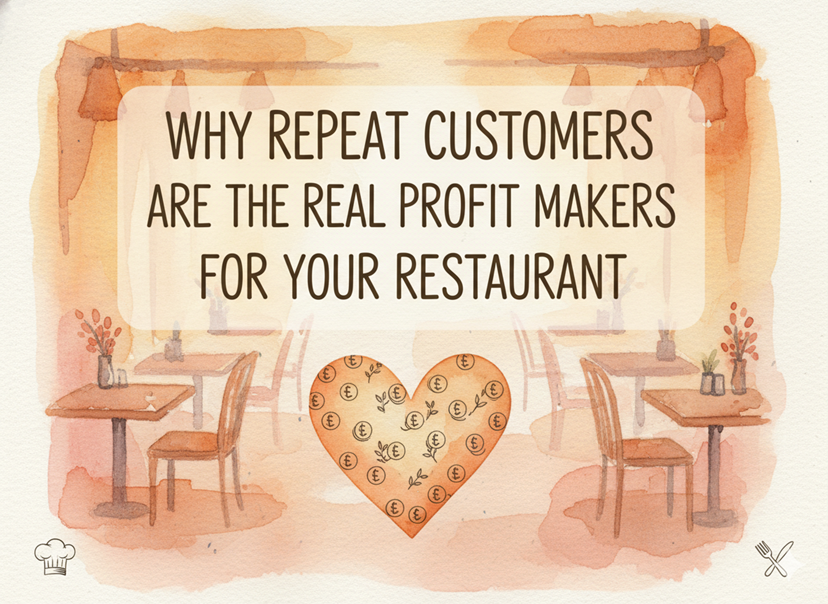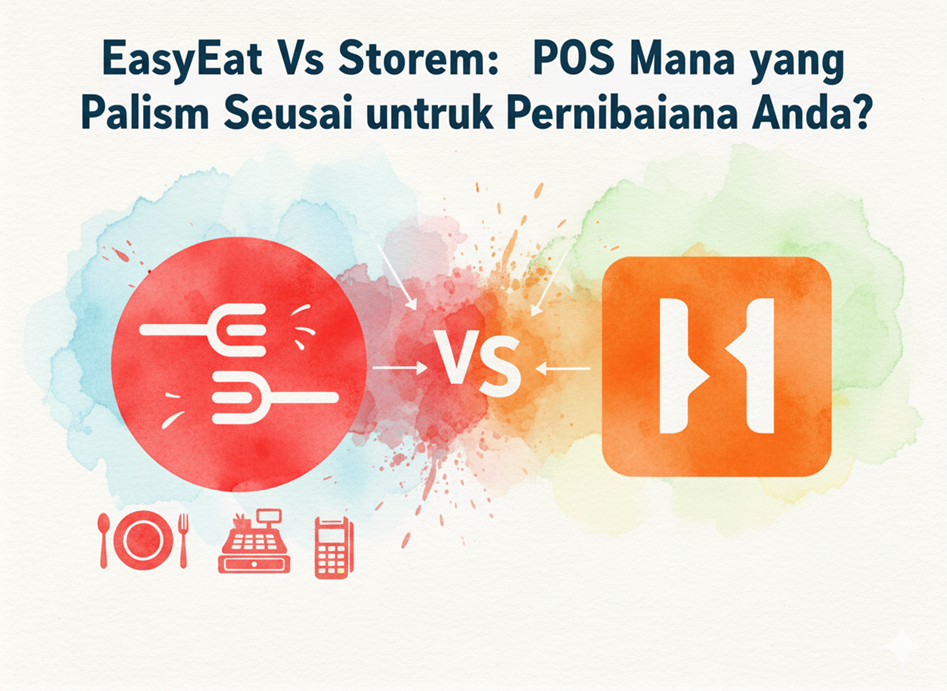In the world of business, it can be difficult to understand the difference between a merchant service and a point-of-sale (POS) system. Though both have their similarities, they are vastly different and can bring a variety of benefits to your restaurant. In this article, we will discuss the differences between a merchant service and a POS system in further detail as well as the benefits both bring to the table. By understanding the differences between a merchant service and a POS system, you can make an informed decision about which solution is best suited for your needs.
How Merchant Services Differ from POS Systems
#1: Payment Processing
Merchant services allow businesses to accept payments from customers in the form of credit and debit cards, electronic checks, and even digital wallets such as Apple Pay or Google Pay. A POS system on the other hand is a computer system that enables businesses to collect payments, track inventory, manage customer orders, and more. It is typically used in retail stores, restaurants, and other physical locations.Where a merchant service provider is responsible for securely processing customer payments, a POS system is responsible for managing the customer’s order.
Both are necessary for a successful business. The merchant service provider ensures that the customer’s payment is securely processed, while the POS system ensures that the customer’s order is accurately tracked and managed. The two systems work in tandem to ensure that the customer’s payment is processed quickly and securely, and that their order is managed efficiently. By combining the two systems, businesses can ensure that their customers have a seamless and secure experience when making payments.
#2: Security
When it comes to security, a merchant service and a POS system have many similarities. Both are designed to protect customer data and guard against fraud. Merchant services use encryption technology to ensure customer data is stored securely on their servers and is not accessible by outside entities. In addition, most merchant services also offer fraud protection services such as address verification and card security code checks. POS systems are also designed to protect customer data. Most systems use encryption technology to ensure customer data is stored securely and is not accessible by hackers. In addition, POS systems often include additional security features such as customer data audits, customer profile reviews and customer authentication.
#3: Cost
The cost of a merchant service will vary depending on the features and services offered. Generally speaking, merchant services are more expensive than a POS system as they often require additional hardware such as card readers, payment terminals, and software. Additionally, merchant services often require monthly fees, setup fees, and various other fees. A POS system, on the other hand, is generally more affordable, with lower upfront costs and no monthly fees. It should be noted, however, that the cost of a POS system can vary depending on the features and services you select.
Benefits of Merchant Services
#1: Increased Efficiency
A merchant service and a Point of Sale (POS) system both have one major thing in common – they are designed to increase efficiency and speed up the checkout process in retail stores. With a merchant service, businesses can accept payments using credit cards and other forms of electronic payment. This makes it easier for customers to pay without having to wait in line, and it allows businesses to accept payments quickly and securely. This helps businesses make informed decisions about their operations and better serve their customers.
#2: Improved Customer Experience
Merchant services serve to make the customer experience easier and more streamlined. Merchant services provide customers with a wide range of payment options, such as credit and debit cards, digital payment methods, and mobile payments. This allows customers to pay in the way that is most convenient for them. Additionally, these systems provide customers with an interactive experience, allowing them to interact with the store’s inventory and make informed decisions about their purchases.
The combination of merchant services and POS systems can help to create a more enjoyable customer experience. Customers can quickly and easily pay for their items, without having to wait in line or fumble with cash or coins. They can also use the POS system to browse through the store’s inventory and make informed decisions about their purchases. This can result in a more satisfied customer, as they are provided with a more efficient and enjoyable shopping experience. Ultimately, this can lead to increased customer loyalty and repeat business.
#3: Reduced Risk
A merchant service provides additional layers of security and fraud protection that a POS system may not be able to offer. Merchant services are also able to provide extra protection from chargebacks and other types of fraudulent transactions. By having a merchant service in place, businesses can also protect their customers’ data more effectively. Merchant services provide encryption and tokenization technologies that help protect sensitive information from being stolen or misused. This not only helps protect the customers, but also the business itself from any potential losses due to fraudulent activities.
Benefits of POS Systems
#1: Streamlined Checkout Process
Merchant services and POS systems both help to streamline the checkout process for customers. By making it easier and faster to pay, merchants can increase the speed of their transactions and reduce the amount of time their customers spend in line. With merchant services, customers can enter their payment information into a secure terminal, either at the register or online, and their payment will be processed quickly. With a POS system, customers can enter their payment information into a terminal or app, and then the payment will be processed automatically. Both systems also offer the ability to track transactions, meaning merchants can keep track of their sales and customer data in one place.
#2: Increased Visibility
In contrast to a merchant service which offers increased visibility into the performance of a business’s payment processing operations, a POS system typically provides less visibility. These systems are primarily designed to process payments, but they do not offer the same level of analysis or insights into payment processing. This means that businesses may not be able to identify potential problems with their payment processing operations as quickly or accurately. Additionally, POS systems cannot monitor transactions in real-time, which means that businesses may not be able to detect fraudulent activity as quickly.
#3: Improved Inventory Management
POS systems offer a variety of benefits to businesses, but one of the most important advantages offered by merchant services is improved inventory management. With POS systems, businesses can track their inventory in real-time, meaning they always know how much stock they have and when they need to reorder. This is especially helpful for businesses that sell a variety of products, as it allows them to keep track of all of their inventory items at once. Additionally, they can provide businesses with valuable insights into their inventory trends, helping them to adjust their ordering practices to better meet customer demand.
Conclusion
In conclusion, there is a clear distinction between a merchant service and a POS system. Merchant services provide businesses with a secure payment processing solution that allows them to accept payments from customers. On the other hand, POS systems are much more comprehensive, offering businesses the ability to manage inventory, process orders, track customer data, and more. Each solution has its own unique advantages and disadvantages, so it is important to research and compare the two in order to determine which is the best fit for your business.
Both solutions are essential to the success of a business, but it is important to understand the differences between them in order to make the best decision for your company. Merchant services provide businesses with a secure and reliable payment processing solution, while POS systems offer additional features to manage customer data, inventory, and other aspects of the business. Ultimately, the decision of which solution to use will come down to the specific needs of your business.



